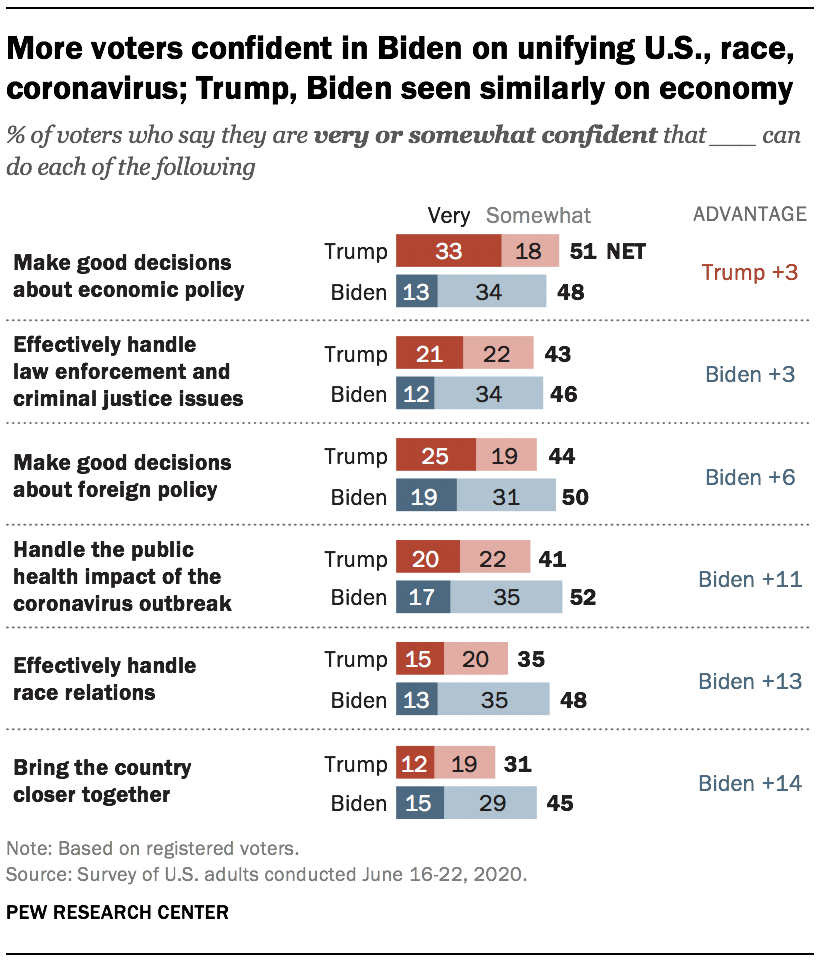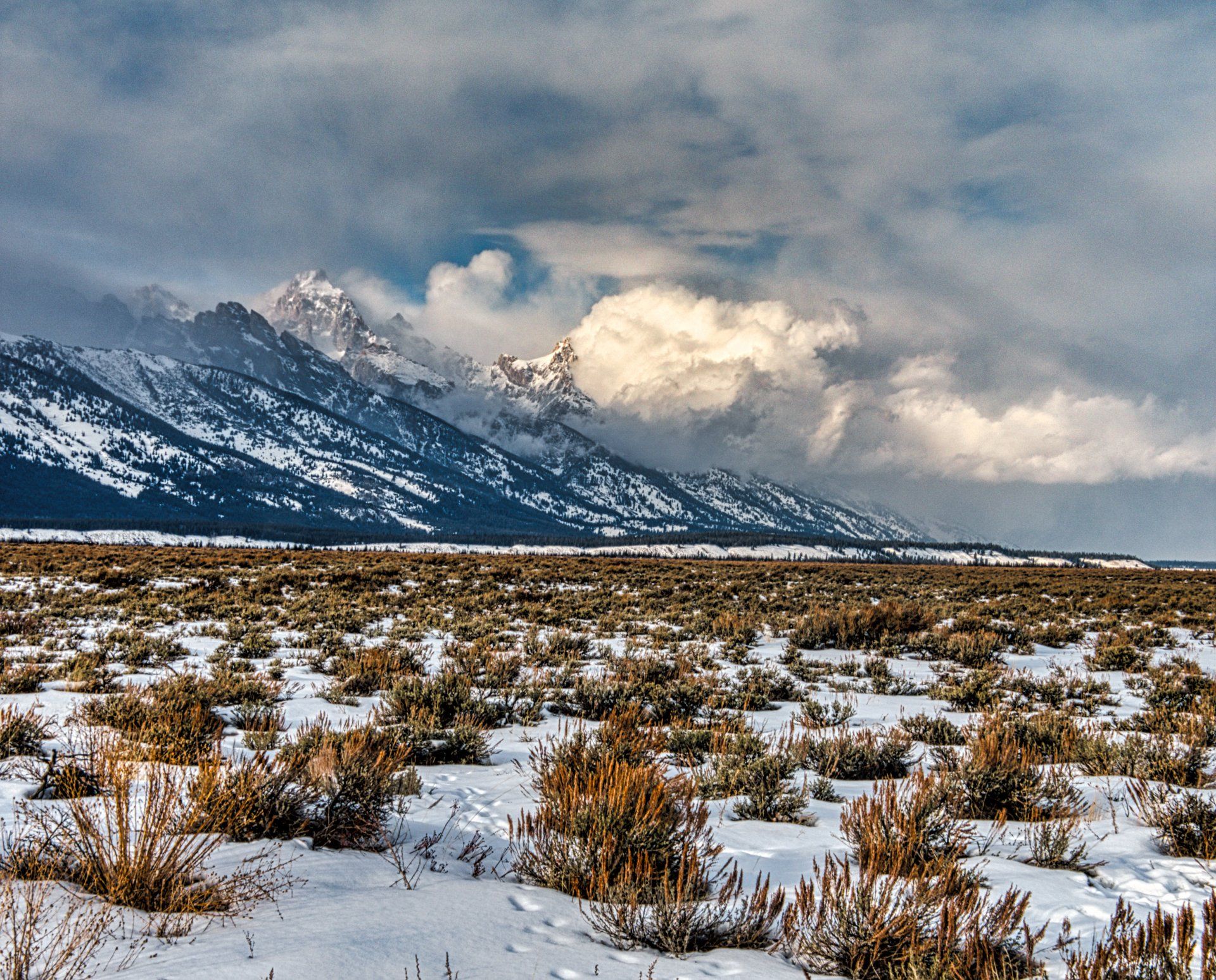

Crucially, though, economic decisions about children were unlike economic decisions about lumber.

Everyone agreed that children were expensive-even farmers, for whom a child was only truly useful for a short time, as a teenager, before he left home. On top of that, many parents shared a growing sense that responsibility for their children’s success fell on them more than on the child.Īnd then there were economic considerations. More education, better health, less grueling work, more leisure. Americans seemed to expect more for their children and themselves than did previous generations.
#THE FALL AND DECLINE OF RACE INTO SPACE SERIES#
Somewhat less practical were a series of aspirational issues. Landlords posted signs prohibiting “dogs and children” in 1904, stories circulated about a mother of five from Brooklyn who was turned away by 87 apartment houses, despite her husband’s steady job. Early 20th-century landlords had both the right and the inclination to turn away tenants based on the number and the unruliness of their children. At the practical end, for example, was housing discrimination against large families. Observers considered a thick tangle of overlapping social explanations, ranging from sprawling generalities to daily practicalities. Over the next few decades, they produced a highly plausible composite portrait of the popular birth-control movement, with birth control here meaning the practice of controlling births, rather than specific technologies used for that purpose. In letters, newspapers, radio shows, and surveys, thousands of Americans looked to themselves and their communities, and tried to explain the desire for smaller families. Roosevelt’s denunciations caused a sensation, not only because the president was discussing sex rather than, say, tariffs, but also because his diagnosis was so grim. By 1900, that figure was 3.5, and President Theodore Roosevelt was excoriating his people for committing “race suicide”-a “sin for which the penalty is national death, race death a sin for which there is no atonement.” In 1800, the average American had seven kids. The United States was among the first modern nations to see a steady, large-scale fertility decline.

Read: A surprising reason to worry about low birthrates It’s impossible to address these questions without taking a long view.

But low birth rates also threaten welfare states with bankruptcy, and nations with the destabilizing politics of cultural extinction.Īs demographic anxiety goes global and populist, a roiling debate is forming around basic questions: Why do some people want children, while others do not? Why do some societies seem to be shrinking? Can a progressive, reproductive-freedom-embracing society survive over time? Or is it doomed to a slow, comfortable death? The environmental benefits of this trend are obvious. Now roughly half the world’s people live in countries with “below replacement” fertility rates, and that proportion is growing. Until recently, demographers worried mostly about overpopulation. I think it’s hard for people to say exactly why they have kids or not-and if they do, how many.Įven trickier is the question of why birth rates rise and fall across huge groups. Maybe that’s because the fuller explanation is buried too deep, in layers of instinct and social expectation. But there’s an element of mystery, even to me. When people ask, I say (1) my wife likes babies, (2) I tend to assume I won’t regret having another child, and (3) we love the kids we have. It’s hard to say how we ended up with such a large family. I drive a Prius on principle, even though I’m 6 foot 8 and my head hits the ceiling.
#THE FALL AND DECLINE OF RACE INTO SPACE FREE#
We spent our 20s in Brooklyn as vegetable-blending free spirits. Neither of us is conventionally religious. I don’t strike people as the type to have so many, nor does my wife.


 0 kommentar(er)
0 kommentar(er)
